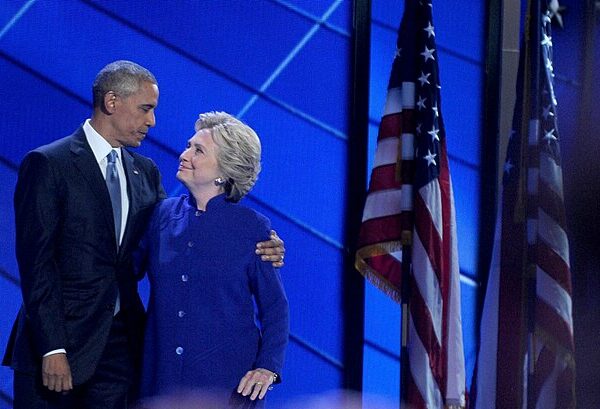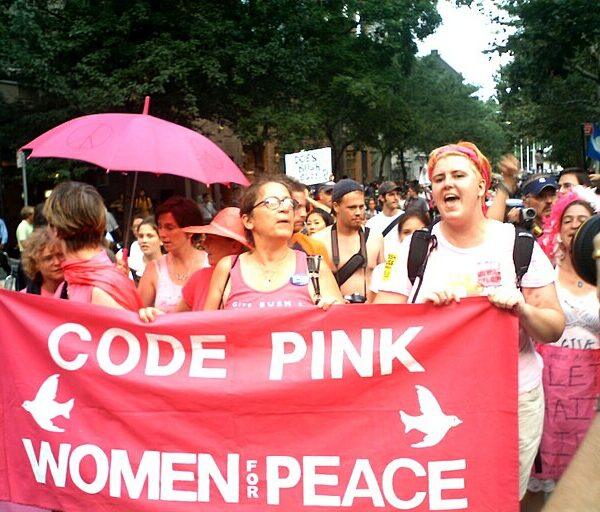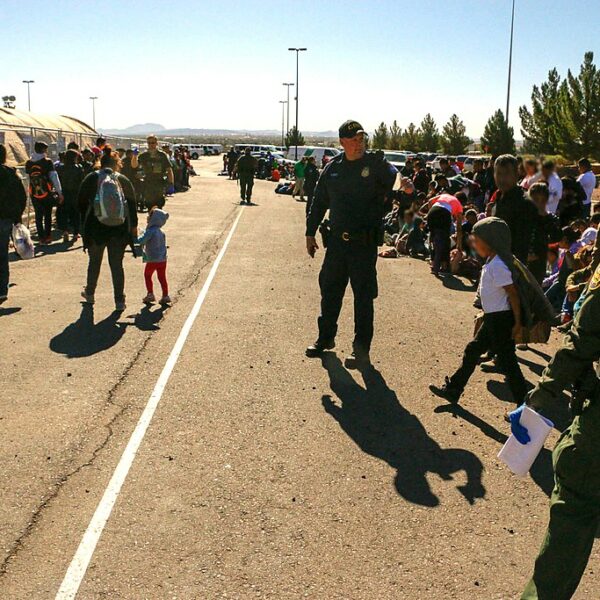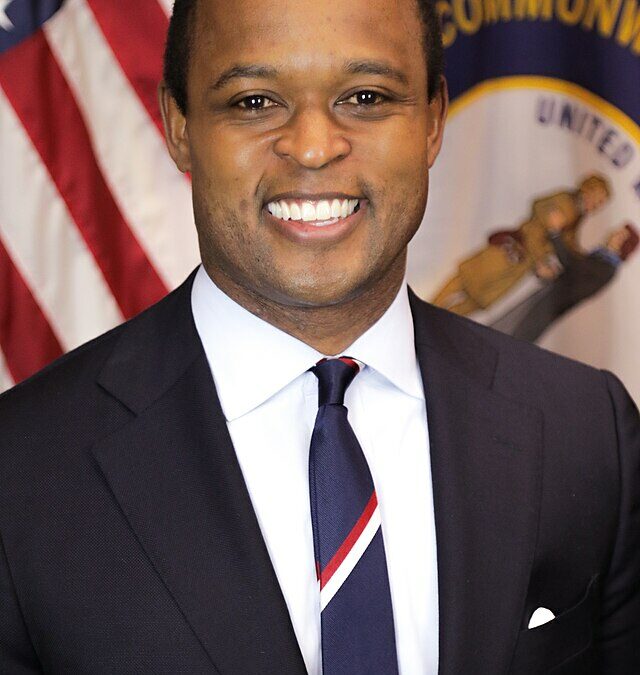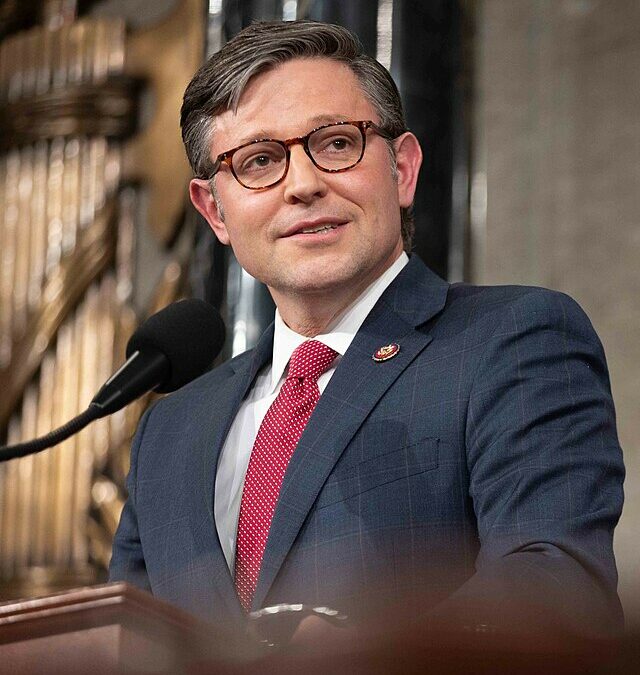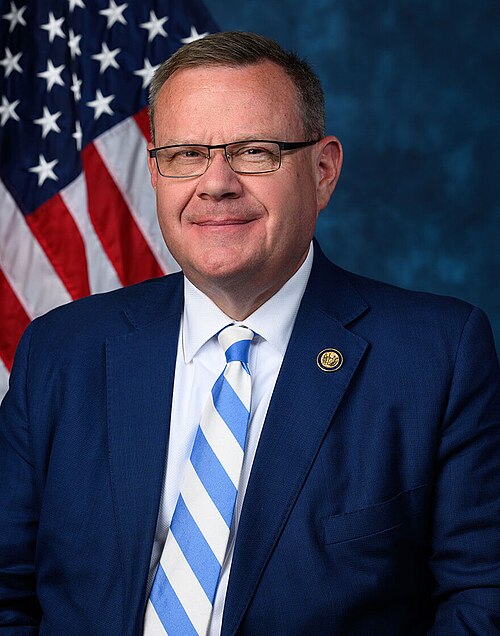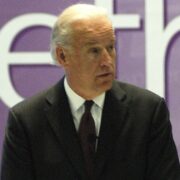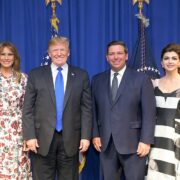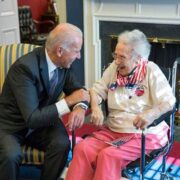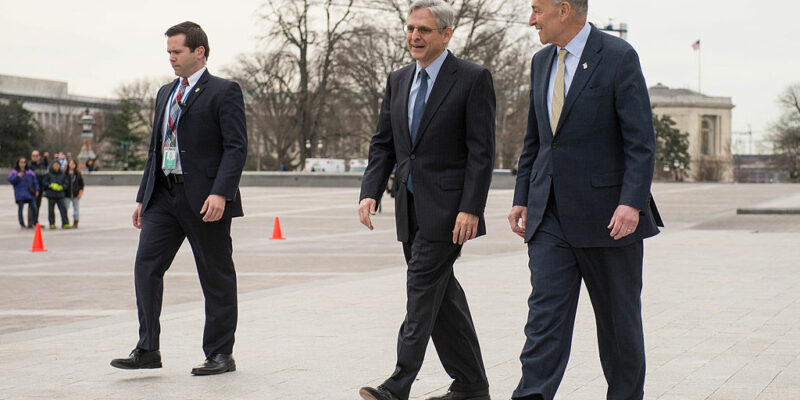
Liberals have a way of reminding everyone who they care about. The Democratic National Committee—joined by Senate Majority Leader Chuck Schumer and House Minority Leader Hakeem Jeffries—filed suit in federal court on Monday to halt enforcement of former President Donald Trump’s latest executive order on voting procedures. The order, issued March 25, seeks to overhaul core components of the American electoral process, prompting plaintiffs to denounce it as a brazen overreach of executive authority and a direct assault on constitutionally enshrined voting rights.
The complaint, filed in Washington, D.C., by Democratic election attorney Marc Elias, contends that the executive order unlawfully alters the mechanisms by which citizens register, cast ballots, and are counted—functions that the Constitution delegates to Congress and the states, not to the presidency. “The Executive Order seeks to impose radical changes on how Americans register to vote, cast a ballot, and participate in our democracy—all of which threaten to disenfranchise lawful voters and none of which is legal,” the filing states, echoing a broader Democratic narrative that casts the Trump-led effort as a thinly veiled attempt to suppress the vote under the guise of reform.
At the heart of the controversy is a provision compelling the independent Election Assistance Commission (EAC) to require documentary proof of U.S. citizenship on its federal mail-in voter registration forms, according to The Epoch Times. This demand flies in the face of current federal law, which permits voters to affirm citizenship through a sworn signature—an accommodation meant to balance electoral integrity with broad accessibility. Trump’s order further creates a new federal bureaucracy, the Department of Government Efficiency, tasked with purging alleged noncitizens from voter rolls, and exhorts the Justice Department to prosecute individuals suspected of voting unlawfully.
The order also threatens to withhold federal election funds from states that count ballots received after Election Day or fail to enforce its citizenship verification mandate—effectively coercing state compliance through financial leverage. Legal scholars and state officials have argued that such provisions trespass on powers explicitly reserved to the states and Congress under the Constitution’s Elections Clause.
“The president cannot unilaterally change federal election law or override state authority,” Elias argued, characterizing the order as not merely flawed but fundamentally unconstitutional in its structure and aims.
The White House, for its part, has mounted a full-throated defense. Spokesman Harrison Fields portrayed the order as a “commonsense” safeguard against electoral fraud, accusing Democrats of opposing even minimal verification requirements. “The Trump administration is standing up for free, fair, and honest elections,” he said, dismissing the legal challenge as a cynical maneuver to preserve vulnerabilities in the current system.
The DNC lawsuit is only one of multiple legal salvos fired against the executive order. Earlier the same day, several advocacy groups represented by the Campaign Legal Center filed their own challenge, arguing the policy threatens to upend established voting practices and erode access for eligible voters. “It is simply not within the president’s authority to set election rules by executive decree,” said Danielle Lang, the group’s senior director of voting rights.
During the 2024 election, a Chinese international student from the University of Michigan was arrested and charged for illegally voting. Despite being caught, the Democratic Secretary of State, Jocelyn Benson, who will likely be the nominee for governor in the 2026 election, allowed his vote to stand.
[Read More: Musk Says He Plans To Investigate How Congress Got So Rich]


